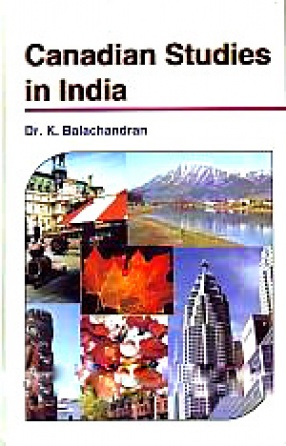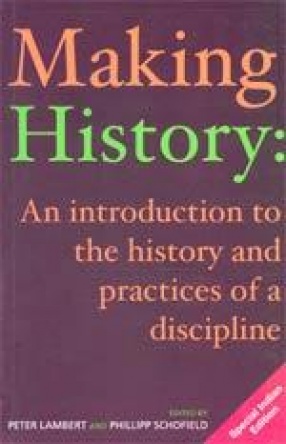G.W.F. Hegel, says in History of Philosophy that the quest for India is a moving force of our whole history, and that since ancient times all nations have directed their wishes and desires to this miraculous country whose treasures they coveted. A new religion, Islam, had sprung up on the soils of Arabia in the 6 century. Its followers, with zeal and energy to burst forth over the surface of the earth, were no exception to the above. The neighboring India was thus destined to be one of their first footholds abroad. The first Muslim force reached India as early as A.D. 644, but finding the environment in Sind inhospitable a serious attempt to conquer it was made only in A.D. 711. In the twelfth century, however, the Muslims conquered the heartland of India and established themselves firmly in Delhi as the rulers. In the wake of this phenomenon we find a spate of travelers, courtiers, state chroniclers, and even emperors, who indulged themselves in history writing, a discipline that was not yet established as a well-defined branch of social sciences in India. They have told us a lot about the physical features of the land, its seasons, flora and fauna, the people, their beliefs and ways of life, their customs and practices, etc. This book thus provides information about India and its habitants as seen from the eyes of those early Muslim chroniclers. Their accounts also give details of struggle for political power and court intrigues, battles and conquests, administrative policies and measures, etc. But as they do not form part of the present theme, hence not included here. This book may be considered as a history of the society and culture of India of that time. It will be noticed that those Muslim historians could have written about the people and their beliefs in whatever manner they liked, misrepresenting the conquered people by the suppression of truth or by an extra emphasis on the shadier aspects of their social life. But, they did not look at the local people with contempt. Instead, the descriptions they make of the country and its people seem generally adoring.
India: As Seen by Early Muslim Chroniclers
In stock
Free & Quick Delivery Worldwide
reviews
Bibliographic information
Title
India: As Seen by Early Muslim Chroniclers
Author
Edition
1st ed.
Publisher
ISBN
8189233122
Length
xiii+311p.
Subjects






There are no reviews yet.